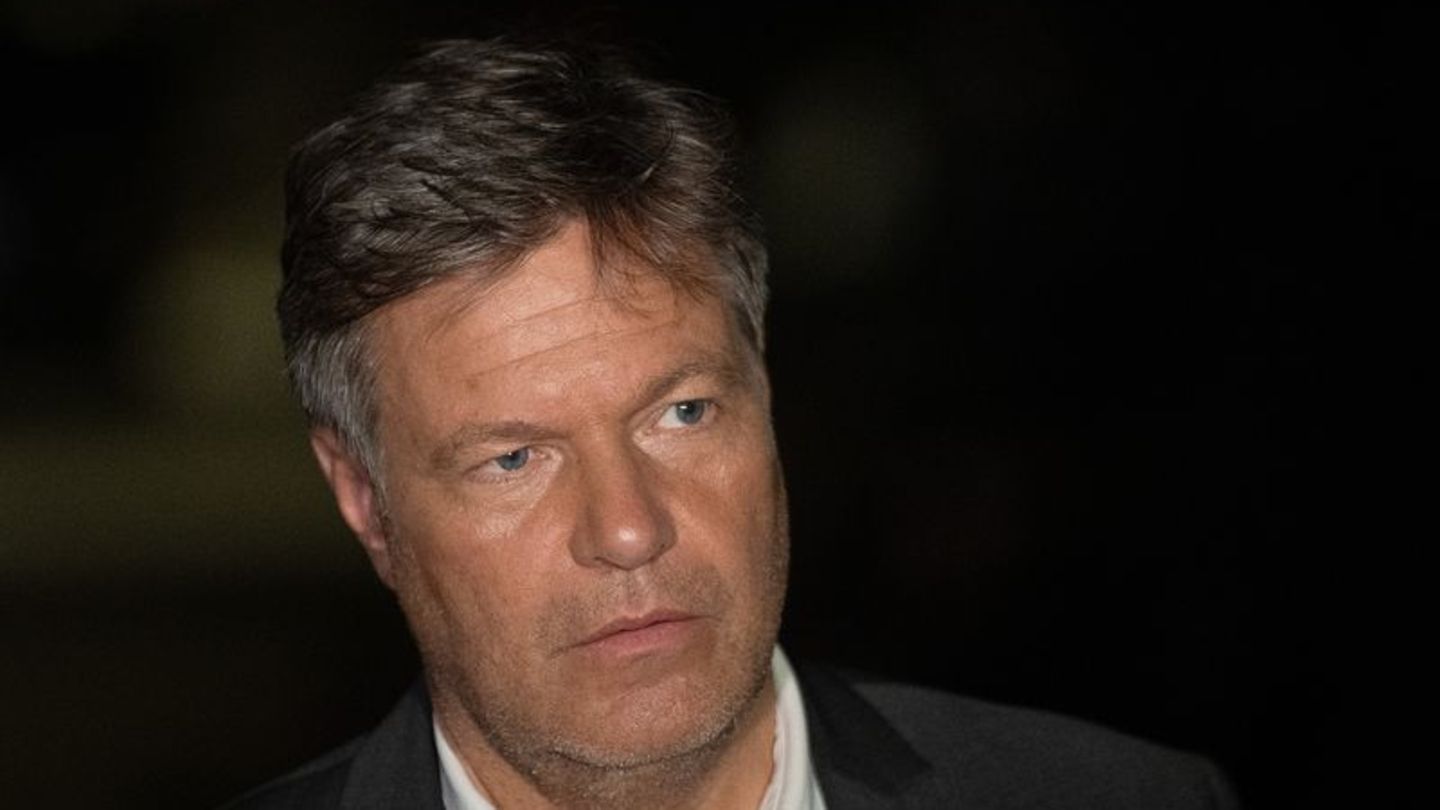Menu
Beijing: Habeck starts China visit with clear announcements
Categories
Most Read
Jerome Powell advanced some clues in his last public statement before deciding on the rate
October 14, 2025
No Comments
Trade conflict: Trump is considering giving up Chinese cooking oil because of the soy problem
October 14, 2025
No Comments
What were the basic products that rose and fell the most?
October 14, 2025
No Comments
Basic baskets accelerated to 1.4% in September, but rose below general inflation
October 14, 2025
No Comments
They attribute Sturzenegger to having anticipated a regime change and the Minister had to deny it
October 14, 2025
No Comments
Latest Posts

He had been dead in his apartment for 15 years and was found for a repair on a neighbor’s roof
October 15, 2025
No Comments
October 14, 2025 – 21:27 The body of the deceased was found mummified around dead pigeons in the middle of garbage remains. Upon a neighbor’s

Fear of a bubble in the financial market reaches the IMF and central bankers around the world
October 14, 2025
No Comments
October 14, 2025 – 20:51 Concerns about an AI bubble, rising public debt and trade tensions dominate the agenda. Global financial leaders will meet next

A Platense fan died after the match against Deportivo Riestra
October 14, 2025
No Comments
October 14, 2025 – 20:32 The man had decompensated during the match and the news of his death was finally confirmed. After suffering a decompensation
24 Hours Worlds is a comprehensive source of instant world current affairs, offering up-to-the-minute coverage of breaking news and events from around the globe. With a team of experienced journalists and experts on hand 24/7.

